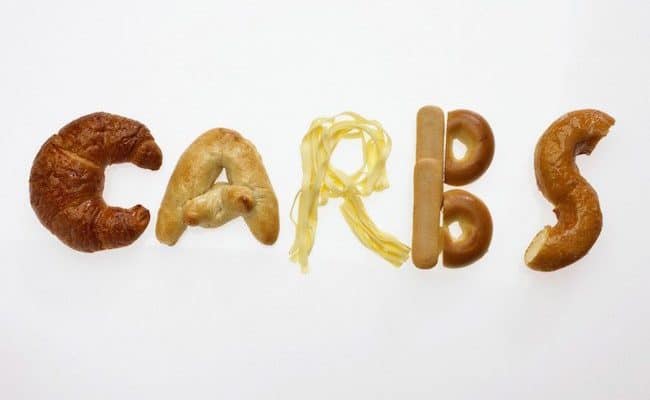
Weight gain tends to creep up on us over time and there is no doubt that avoiding weight gain in the first place is far simpler than losing excess weight after you have gained it, so here are some ways to keep those pounds at bay and improve your health in the process.
1. Throw out the rubbish
For the majority of the population, eating excessive amounts of junk food will lead to weight gain. You may have been able to get away with a fast food habit as a teenager, but as you get older, eating this way is likely to catch up with you on the scales.
The easiest way of avoiding junk food is to get it out of the house. If it is not there, you cannot eat it, and the thought of having to go to the shops in order to get your junk fix is often enough to put you off the idea of eating it completely.
Instead of junk food, stock up your cupboards with healthy snacks to make the healthy choice an easy one.
2. Drink up
Fluids can make a huge difference to your weight, but are often overlooked as people on a diet or watching their weight concentrate more on foods and forget about the calories that can be present in drinks.
Alcoholic drinks tend to be particularly high in calories, but soda, juice and milk based drinks all contribute a significant amount too. Water, being calorie free, is the best drink to avoid weight gain. Not only is it free of energy, but drinking water is a great way to fill your stomach before a meal to stop yourself from overeating.
Being well hydrated also means that you avoid feeling thirsty, which is often mistaken for hunger and can once again lead to overeating.
Low Calorie Alcoholic Drinks – drink wisely without gaining weight
3. Don’t skip meals
Try to eat three meals a day with one or two small snacks if necessary throughout the day to avoid weight gain. If you skip meals or have a long interval between eating, your metabolism can slow down to conserve energy as your body does not know when it will next receive food.
This means when you do eat, you don’t burn the energy so efficiently, which can lead to weight gain over time. Skipping meals also often leads to intense hunger, which can cause you to overeat or make unhealthy choices at the next mealtime.
How many calories to lose weight
4. Get a dog or some kids
People who have kids spend a lot of time running after them, especially when they are young and although they may have less time for organized exercise, their incidental exercise levels are much higher as they are constantly on the go with an active child.
Dog owners also tend to be more active as dogs need walking every day, therefore the owner also has to walk at least once a day. Increasing your activity levels can be a great way to combat a slowing metabolism as you age and avoid weight gain.
5. Improve your cooking
Home cooked food is usually a lot healthier than food from a restaurant or fast food joint, where the primary aim is to optimise taste no matter how much salt, sugar or fat this requires.
Cooking in your own kitchen allows you to be in control of what you put into your food and to experiment with new ways to make dishes healthier.
Must read: How to cook healthier meals
Learning to cook well can save you money, calories and most importantly be an enjoyable and sociable activity.
6. Get motivated by others
Surrounding yourself by healthy people is a great way to motivate yourself to eat more healthily, do more exercise and generally develop healthier habits. If you go out for lunch with a group of salad eaters, you are less likely to order a cheeseburger with the works and fries on the side, and if social activities are based around working out or healthy acitivities, you are more likely to take part in them yourself.
7. Allow yourself an occasional indulgence
Depriving yourself of all the foods you love that are considered unhealthy all the time is the best way to cave into cravings on a regular basis, which can lead to weight gain.
It is better to indulge once in a while in something you really love or have a diet cheat day than constantly be unhappy due to deprivation.
8. Reduce your sugar intake
Sugar is found in a surprisingly large amount of foods, from the obvious sweet treats to places you would not expect it such as in bread or salad dressings.
Sugar is thought to be a leading contributor to obesity levels and high consumption also increases risk of heart disease, type two diabetes and tooth decay, so try to avoid processed sugars that do not occur naturally in foods.
How to remove sugar from your diet
How to stop sugar cravings naturally
9. Incorporate more exercise into your day
Burning more calories means losing more weight, or avoiding weight gain if you are eating as many calories as you are burning. Moving more throughout the day is the best way to avoid gaining weight over time.
10. Beef up your muscles
More muscle mass increases the amount of calories you burn at rest, so grab the weights and add a bit more muscle to your frame.
Increasing your muscle mass can in fact lead to weight gain, as muscle is heavier than fat, however, although your weight on the scales may seem higher, you will be more toned and are likely to see reduction with waist circumference.










